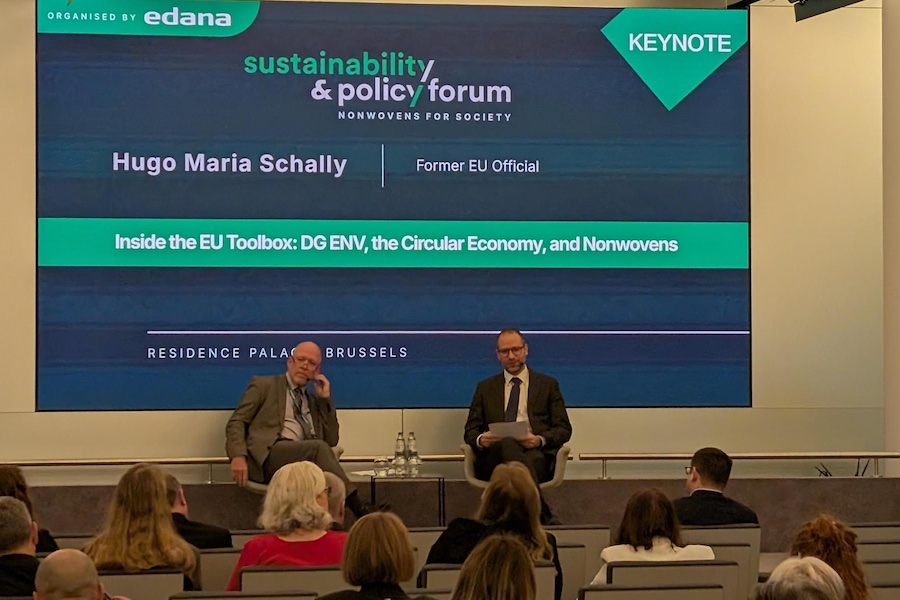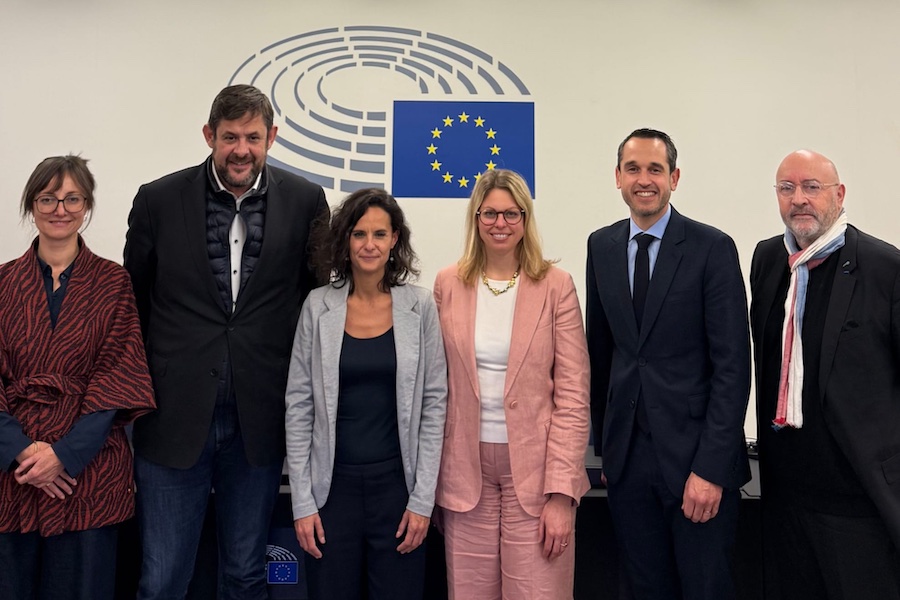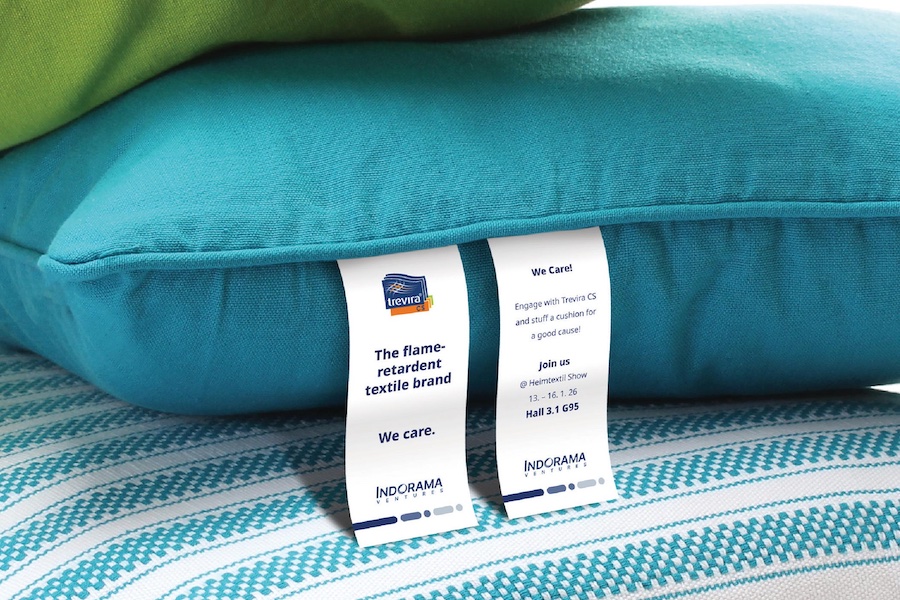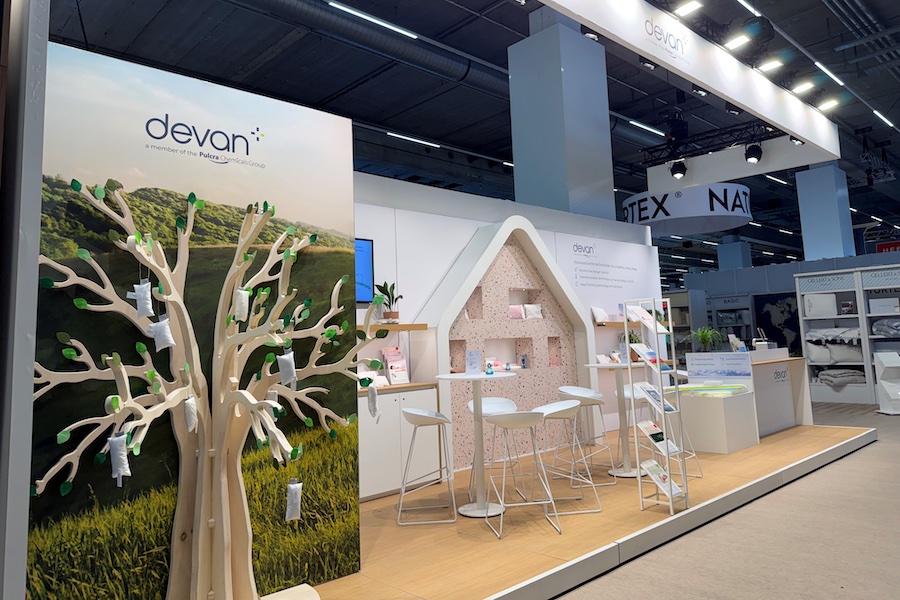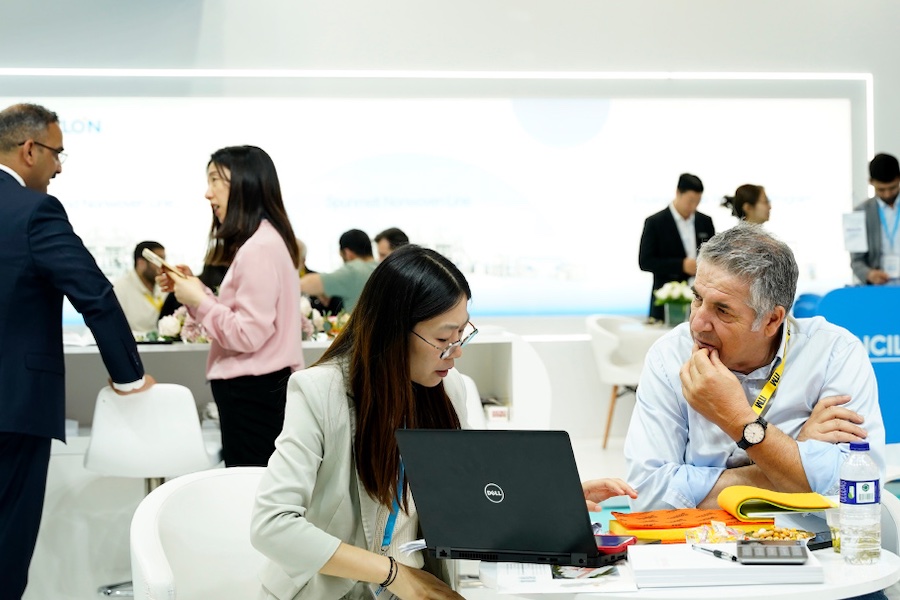#Europe
State aid: Commission consults member states on proposal for a temporary crisis and transition framework
Today's proposal for a Temporary Crisis and Transition Framework aims to boost investments for a faster roll-out of renewable energies as well as to support the decarbonisation of the industry and the production of equipment necessary for the net-zero transition, while preserving the integrity and level playing field on the Single Market.
Proposed amendments
The Commission is consulting Member States on possible amendments aimed at:
Further facilitating the roll-out of renewable energy and decarbonising the industry by including the possibility to: (i) support the deployment of all renewable energy sources; (ii) grant aid for less mature technologies, such as renewable hydrogen, without a competitive bidding, provided that certain safeguards to ensure the proportionality of public support are in place; and (iii) incentivise investments leading to a significant reduction of emissions by including higher aid ceilings and simplified aid calculations (as an example, the aid would simply be determined as a share of investment costs).
Supporting investments in the production of strategic equipment necessary for the net-zero transition, in order to accelerate the transition to a net-zero economy and overcome the current energy crisis. In particular, the Commission is proposing to address the productive investment gap in sectors strategic for the green transition. This comes in the context of global challenges posing a threat of new investments in these sectors being diverted in favour of third countries outside Europe. In particular, the Commission proposes to allow support from Member States for the production of batteries, solar panels, wind turbines, heat-pumps, electrolysers and carbon capture usage and storage as well as the related critical raw materials necessary for the production of such equipment. For projects that take place in disadvantaged regions in the EU (where the GDP per capita is below 75% of the EU average) or which involve an investment in several Member States, and for which support in third country is available, further proportionate aid would be allowed to match the level of support offered in third countries, up to what is necessary to enable the investment to be made in Europe.
These new provisions would be in place until 31 December 2025.
Member States now have the possibility to comment on the Commission's draft proposal. The Commission intends to adopt the Temporary Crisis and Transition Framework in the coming weeks, taking into account the feedback received from the Member States.
Background
In the context of the Green Deal Industry Plan, the Commission has also recalled that it is in the process of revising the General Block Exemption Regulation (“GBER”), which enables Member States to directly implement aid measures, without having to notify them ex-ante to the Commission for approval. The revised GBER will be adopted in the coming weeks and will give Member States more flexibility to support measures in key sectors for the transition to a net-zero economy, such as hydrogen, carbon capture and storage, zero-emission vehicles and energy performance of buildings. In particular, the Commission intends to further increase notification thresholds for support for green investments, to enlarge the scope of investment aid for recharging and refuelling infrastructures, as well as to further facilitate SMEs training aid for skills.
Among others, the revision of the GBER will contribute to further streamline and simplify the roll-out Important Projects of Common European Interests (IPCEI), specifically in relation to the implementation of smaller, IPCEI-related, innovative projects. In addition, the Commission is working together with Member States on a code of good practices for a transparent, inclusive and faster design of IPCEIs. The code of good practice will be signed by the Commission and the Member States by spring this year.
The State aid Temporary Crisis Framework, adopted on 23 March 2022, enables Member States to use the flexibility foreseen under State aid rules to support the economy in the context of Russia's war against Ukraine.
The Temporary Crisis Framework has been amended on 20 July 2022, to complement the Winter Preparedness Package and in line with the REPowerEU Plan objectives.
The Temporary Crisis Framework has been further amended on 28 October 2022 in line with the recent Regulation on an emergency intervention to address high energy prices (‘Regulation (EU) 2022/1854') and the Commission's proposal on a new emergency regulation to address high gas prices in the EU and ensure security of supply this winter.
The Temporary Crisis Framework provides for the following types of aid, which can be granted by Member States:
- Limited amounts of aid, in any form, for companies affected by the current crisis or by the subsequent sanctions and countersanctions up to the increased amount of €250,000 and €300,000 in the agriculture, and fisheries and aquaculture sectors respectively, and up to €2 million in all other sectors;
- Liquidity support in form of State guarantees and subsidised loans: Member States may provide (i) subsidised State guarantees to ensure banks keep providing loans to all companies affected by the current crisis; and (ii) public and private loans with subsidised interest rates. For both kinds of support, there are limits regarding the maximum loan amount, which are based on the operating needs of a company, taking into account its turnover, energy costs or specific liquidity needs. The loans may relate to both investment and working capital needs. Specific flexibility is provided for energy companies that require financial collateral for trading activities.
- Aid to compensate for high energy prices. Member States may partially compensate companies, in particular intensive energy users, for additional costs due to exceptional gas and electricity price increases. This support can be granted in any form, including direct grants. Member States may calculate support based on either past or present consumption, taking into account the need to keep intact market incentives to reduce energy consumption and to ensure the continuity of economic activities. In addition, Member States may provide support more flexibly, including to energy-intensive companies and to sectors subject to competitive pressure due to high levels of international trade, subject to safeguards to avoid overcompensation. For companies receiving larger aid amounts, the Temporary Crisis Framework foresees commitments to set a path towards reducing the carbon footprint of energy consumption and implementing energy efficiency measures.
- Measures accelerating the roll-out of renewable energy. Member States can set up schemes for investments in renewable energy, including renewable hydrogen, biogas and biomethane, storage and renewable heat, including through heat pumps, with simplified tender procedures that can be quickly implemented, while including sufficient safeguards to protect the level playing field. In particular, Member States can devise schemes for a specific technology, requiring support in view of the particular national energy mix.
- Measures facilitating the decarbonisation of industrial processes. To further accelerate the diversification of energy supplies, Member States can support investments to phase out from fossil fuels, in particular through electrification, energy efficiency and the switch to the use of renewable and electricity-based hydrogen which complies with certain conditions. Member States can either (i) set up new tender-based schemes, or (ii) directly support projects, without tenders, with certain limits on the share of public support per investment. Specific top-up bonuses would be foreseen for small and medium-sized enterprises as well as for particularly energy efficient solutions.
- Measures aimed at supporting electricity demand reduction, in line with the EU Regulation on an emergency intervention to address high energy prices. This section provides Member States with the relevant tools to incentivise electricity demand reduction during peak times.
Sanctioned Russian-controlled entities are excluded from the scope of these measures.
The Temporary Crisis Framework, as currently in force, is applicable until 31 December 2023.
More information on the Temporary Crisis Framework and other actions taken by the Commission to address the economic impact of Russia's war against Ukraine can be found here:
https://competition-policy.ec.europa.eu/state-aid/ukraine_en







